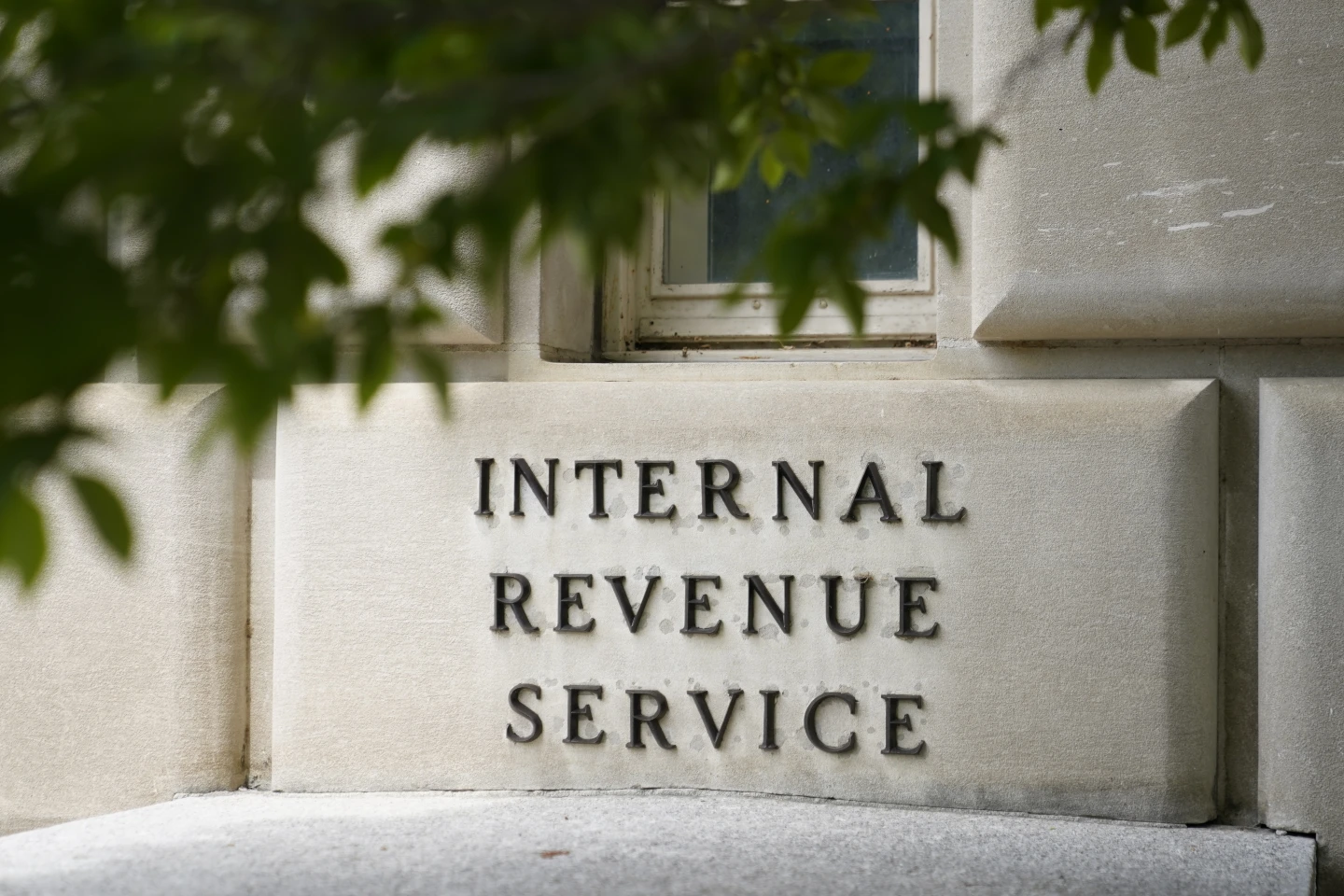When Floridians hear about less harmful alternatives to smoking cigarettes, they most often think of vaping, which has garnered criticism due to some industry players’ efforts to seemingly market to children fruity flavors reminiscent of various candies.
But another alternative is beginning to gain traction in the U.S., and efforts to make it available and regulated in Florida are underway. Heat-not-burn, or heated tobacco products (HTPs), use real tobacco. But instead of lighting a cigarette with fire and burning the tobacco as it is inhaled, these products heat the tobacco, creating an aerosol mist.
Sen. Nick DiCeglie and Rep. Chase Tramont are sponsoring legislation (SB 1418, HB 785) that would exclude HTPs from the definition of “cigarette” and include HTPs in the definition of “tobacco products,” setting up a taxing structure different from that of traditional cigarettes.
The Senate version would additionally amend the definition of “tobacco product” in state statute to include HTPs and would remove HTPs from statute taxing other tobacco products.
Both measures have easily cleared their first committees and await two more stops before heading to full chamber votes.
During both hearings — Ways and Means for the House bill and Regulated Industries for the Senate version — every speaker present either spoke or waved in support. Only one member, Democratic Rep. Anna Eskamani, voted “no.” Eskamani said she wanted additional information during the hearing earlier this month.
While HTPs still contain nicotine and still present possible risks, they are a less harmful alternative to traditional tobacco products, according to various reports on the issue. Dominic Calabro, President and CEO of Florida TaxWatch, recently penned an op-ed in this publication noting the harms of cigarettes — more than 32,000 Floridians die from smoking each year — and pointing to HTPs as a less harmful and less expensive option.
With the cost of health care from smoking-related illness estimated at more than $10 billion annually in Florida alone, Florida TaxWatch is advocating for incentives to move smokers away from cigarettes and, if they can’t or won’t quit, toward less harmful products. The group is supporting a “different tax treatment” for HTPs that would make them more affordable than cigarettes, which are taxed at about $1.33 per pack.
Doug Wheeler of the James Madison Institute has also spoken in support of the legislation, referencing a publication from his group advocating for keeping alternative tobacco products, like HTPs, tax-free.
“Harm reduction is a crucial aspect of sound tobacco and nicotine tax design,” the journal article reads. “Rather than trying to preclude the negative health outcomes associated with certain behaviors via prohibition or excessive taxation, those health outcomes can instead be more practically improved by incentivizing consumption of less harmful alternatives.”
The article points to an example in Minnesota where the state hiked the tax on vaping products from 35% to 95%, leading to more than 32,000 people not quitting traditional cigarettes.
The article lists a variety of alternative tobacco products and assigns each to a taxation category. HTPs fall in the group’s second category, calling for a tax rate at 25% that of combustible cigarettes. Other products — vaporizers and oral tobacco — are placed in category 3 at 10% of the tax rate for cigarettes. Patches, gums and lozenges — products typically used for smoking cessation — are in the fourth category, calling for no tax.
“This is important because it is the toxic smoke from cigarettes that is most responsible for smoking related diseases like emphysema and cancer,” DiCeglie said of the effort during a Senate hearing earlier this month. “Under this bill, members of the Legislature would be creating an accurate definition for heated tobacco products that distinguish them from cigarettes.”
And nodding to support from the Florida Retail Federation, DiCeglie also called for market clarity.
“The bill would simply update Florida code to make explicit what is already implicit, that the current definitions that carry excise taxes do not include HTPs,” he said.
The conversation is heating up now that HTPs are becoming available in the U.S. While some popular brands such as Ploom are still unavailable here, others are now being offered.
The U.S. Food and Drug Administration (FDA) recently authorized Philip Morris International’s IQOS products in flavors mimicking those of existing cigarette flavors. The FDA is reviewing an R.J. Reynolds product called Eclipse, and it is expected to come to market soon. Altria is also taking steps to commercialize HTPs.
DiCeglie’s bill is awaiting hearings in the Finance and Tax and Appropriations committees, while Tramont’s is awaiting the Industries and Professional Activities Subcommittee and the Commerce Committee.
Post Views: 0

 Entertainment8 years ago
Entertainment8 years ago
 Politics8 years ago
Politics8 years ago
 Entertainment8 years ago
Entertainment8 years ago
 Entertainment8 years ago
Entertainment8 years ago
 Tech8 years ago
Tech8 years ago
 Tech8 years ago
Tech8 years ago
 Politics8 years ago
Politics8 years ago
 Tech8 years ago
Tech8 years ago









